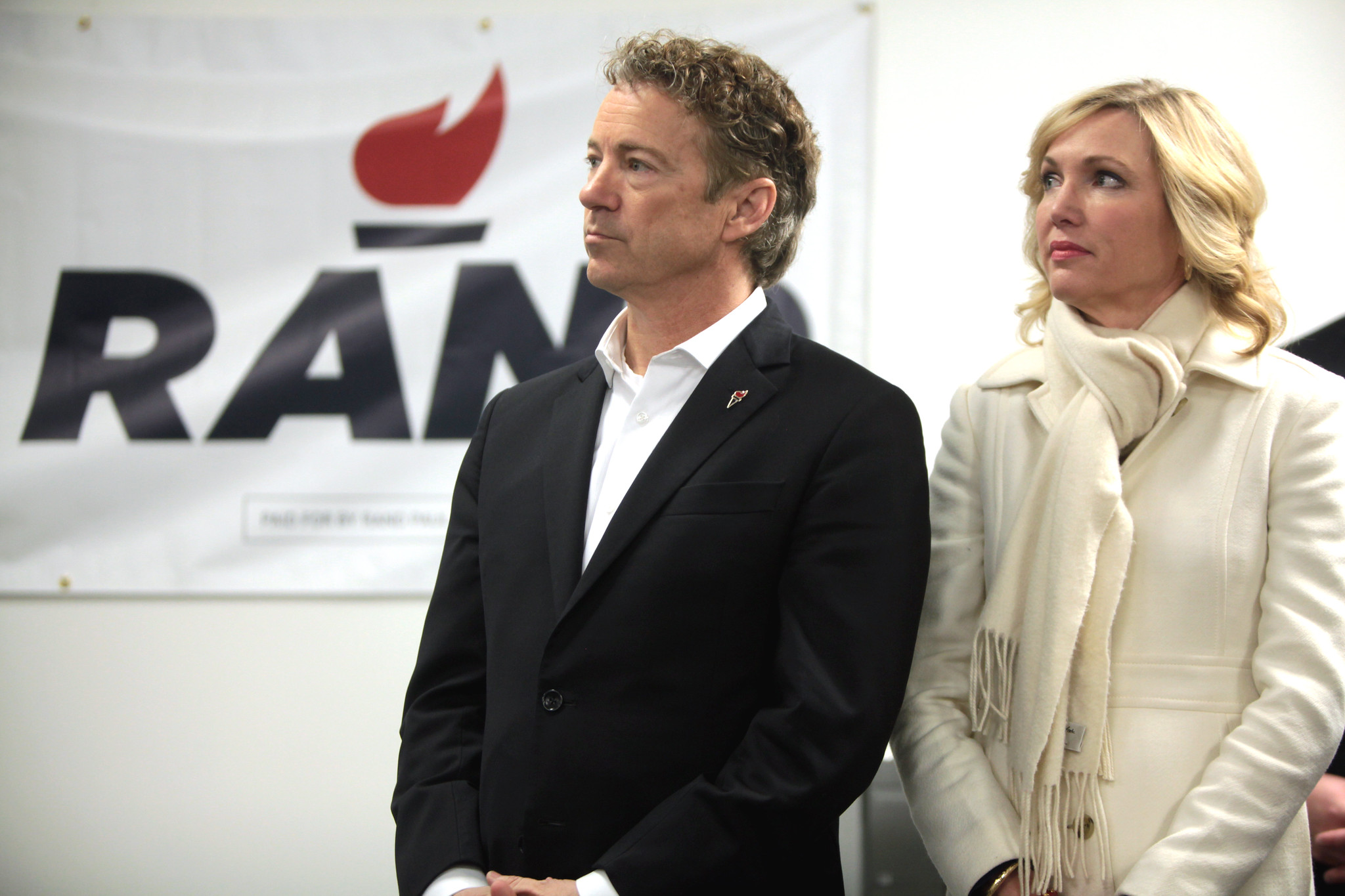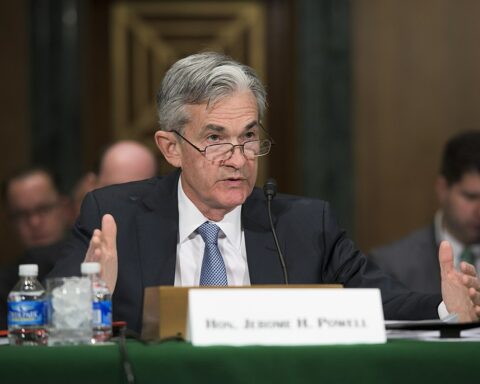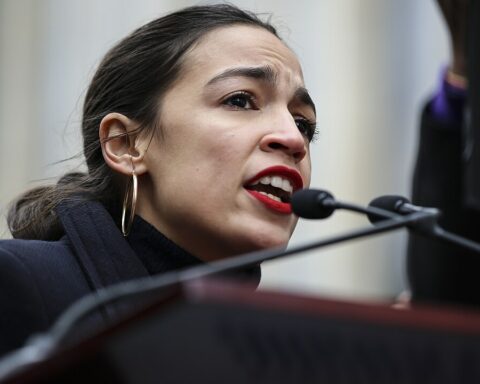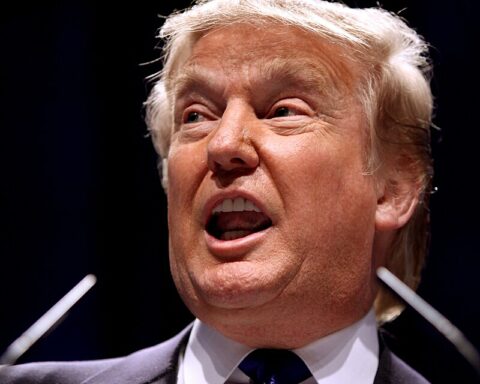Republican Senator Rand Paul isn’t thrilled about Trump’s military parade, or the price tag attached to it.
During an interview on NBC’s “Meet The Press” on Sunday, Paul shared his misgivings about the recent military spectacle that coincided with the 250th anniversary of the United States Army and the president’s 79th birthday.
“I just never liked the idea of the parade because I grew up in the ’70s and ’80s, and the only parades I can remember are Soviet parades for the most part or North Korean parades,” Paul said, adding, “And the parades I remember from our history were different.”
He pointed out that historically, U.S. military parades were typically held to mark the end of major conflicts and honor the safe return of American troops.
He said moments like that “absolutely ought to be commemorated and discussed every year,” particularly on occasions like Memorial Day and Veterans Day.
“But we never glorified weapons so much,” he continued. “And I know he means well. I don’t think he means for any of this to be depicted in another fashion. But I’m just not a big fan.”
The parade featured a display of military hardware, troops in formation, and was estimated to cost upwards of $45 million.
Critics, including Paul, viewed the cost as ill-timed given the nation’s growing deficit.
“I mean, we’re $2 trillion in the hole and just an additional cost like this, I’m not for it,” Paul stated.
The Kentucky senator’s skepticism doesn’t stop with the parade. He has long voiced opposition to what has been dubbed Trump’s “big, beautiful bill,” a sweeping tax and spending package championed by the administration.
Despite supporting parts of the plan, Paul has consistently objected to the significant increase in national debt that would accompany its passage.
During his interview, Paul indicated that he might support the bill, but only under specific conditions.
“I talked to the president last evening after the parade, and we’re trying to get to a better place in our conversations. I’ve let him know that I’m not an absolute no. I can be a yes,” he said.
Paul reiterated his support for the tax cut elements of the legislation, aligning himself with traditional supply-side economic views.
“I like the tax cuts. I actually agree with Art Laffer and the supply siders that a lot of times we cut rates,” the Kentucky lawmaker said.
“We actually get more revenue, so I don’t have as much trouble with the tax cuts. I think there should be more spending cuts, but if they want my vote, they’ll have to negotiate because I don’t want to vote to raise the debt ceiling $5 trillion.”
He voiced concern over what he views as Congress’s inability to handle fiscal matters responsibly.
“Congress is awful with money, and so you should give them a more restricted credit line, not an expansive one,” Paul warned.
The spending package narrowly passed the House on May 22 by a single vote.
Notably, two Republican representatives—Thomas Massie of Kentucky and Warren Davidson of Ohio—joined Democrats in voting against it.
Paul has maintained that raising the debt ceiling should be approached with caution and deliberation.
“Yes, the debt ceiling has to go up, but what I’ve said is it ought to go up three months at a time, and then we should have a renewed debate about the debt,” he explained.
He criticized the idea of giving Congress a blank check that could stretch into the end of Trump’s second term.
“We shouldn’t put it up $5 trillion and wait two years, go through another election cycle and be almost towards the end of the Trump administration and say, ‘Oh, whoops, we have added a bunch of debt.’ We should have done better. I think we should keep talking about it.”
Paul reiterated to reporters following the House vote that he would remain opposed to the current version of the bill unless the debt ceiling provision is detached.
NBC’s Kristen Welker pressed the senator further on what would bring him to support the package. Paul was direct in his answer.
“Separate out the debt ceiling and have a separate vote on it, and I won’t be deciding vote on this. Is this what I tell my supporters? I will be. If I am the deciding vote, they’ll negotiate. If I’m not, they won’t,” Paul said.
He continued, noting some of the tactics being used to pressure him. “So far, they’ve been sending their attack dogs after me, and that’s not a great persuasion technique,” he said.
“I will negotiate if they come to me, but they have to be willing to negotiate on the debt ceiling because I’m conservative. I’m not going to no longer be conservative just because the president wants me to vote for something.”
Watch Paul’s full interview here:







